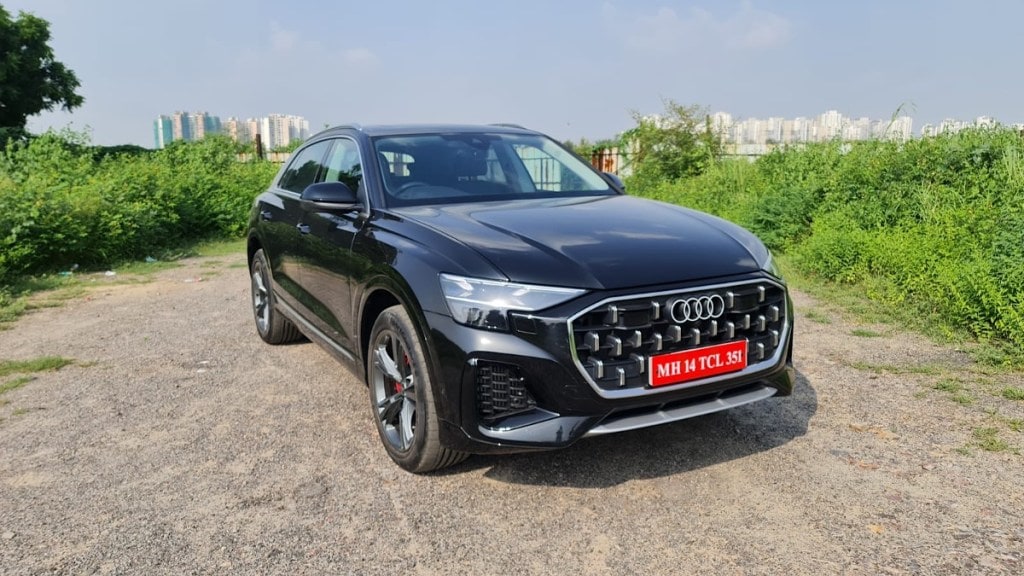In a major development, Audi has announced that it will cut down on 7,500 jobs by 2029 in Germany. Part of the Volkswagen Group, the luxury carmaker currently employs 88,000 people globally whereas 55,000 workforce are employed in Germany. This amounts to 8 percent of the German marque’s global workforce.
The measures, approved on Monday by management and labor representatives, are expected to save the automaker €1 billion (Rs 94.75 billion) annually in the medium term. Additionally, the company announced an €8 billion (Rs 757.2 billion) investment in its German facilities over the next four years.
Speaking on this development, Xavier Ros, Member of the Board of Management for Human Resources, said, “We are focusing our team setup and consistently orienting it to the requirements of the future. We are doing this in a socially responsible, targeted, step-by-step manner. To this end, we are now entering into a dialog with our employees. The employee representatives are our close partners every step of the way. Our shared Audi path makes us strong and stable.”
Audi sacking employees: Possible reasons
While Audi says the reduced workforce will help the company reduce bureaucracy, the main motive behind this action could be something else. Since 2014, Audi has cut 9,500 production jobs, a move which was supposed to free up billions of euros to fund the company’s shift to the EV strategy and boost margins to 9-11 percent.
Volkswagen’s luxury subsidiary has struggled in recent years, with its operating margin dropping to 4.5% in the first nine months of 2024, down from 7% during the same period in 2023. The decline was driven by weak sales in key markets and costs associated with halting production at its troubled Brussels plant. The company is set to release its full-year results for 2024 on Tuesday.
The sales of EVs have witnessed a noticeable decline in Europe over the past year, proving to be detrimental for carmakers like Audi that have made a clear shift in strategy of promoting and developing more EVs in recent years. Audi had laid out a comprehensive EV strategy for the next 5-6 years including a new entry-level electric car which is slated to be built at the company’s facility in Ingolstadt.
With the recent relaxation in the EV policy to OEMs by the European Union Council, Audi will continue to produce fossil-fueled cars at least for the foreseeable future. The company will soon launch a new-gen model of the Q3 which will be produced at the Hungarian plant in Győr. With the production of all-electric cars and a combustion-engine model, this facility is robustly and flexibly positioned for the transition to electric mobility.
